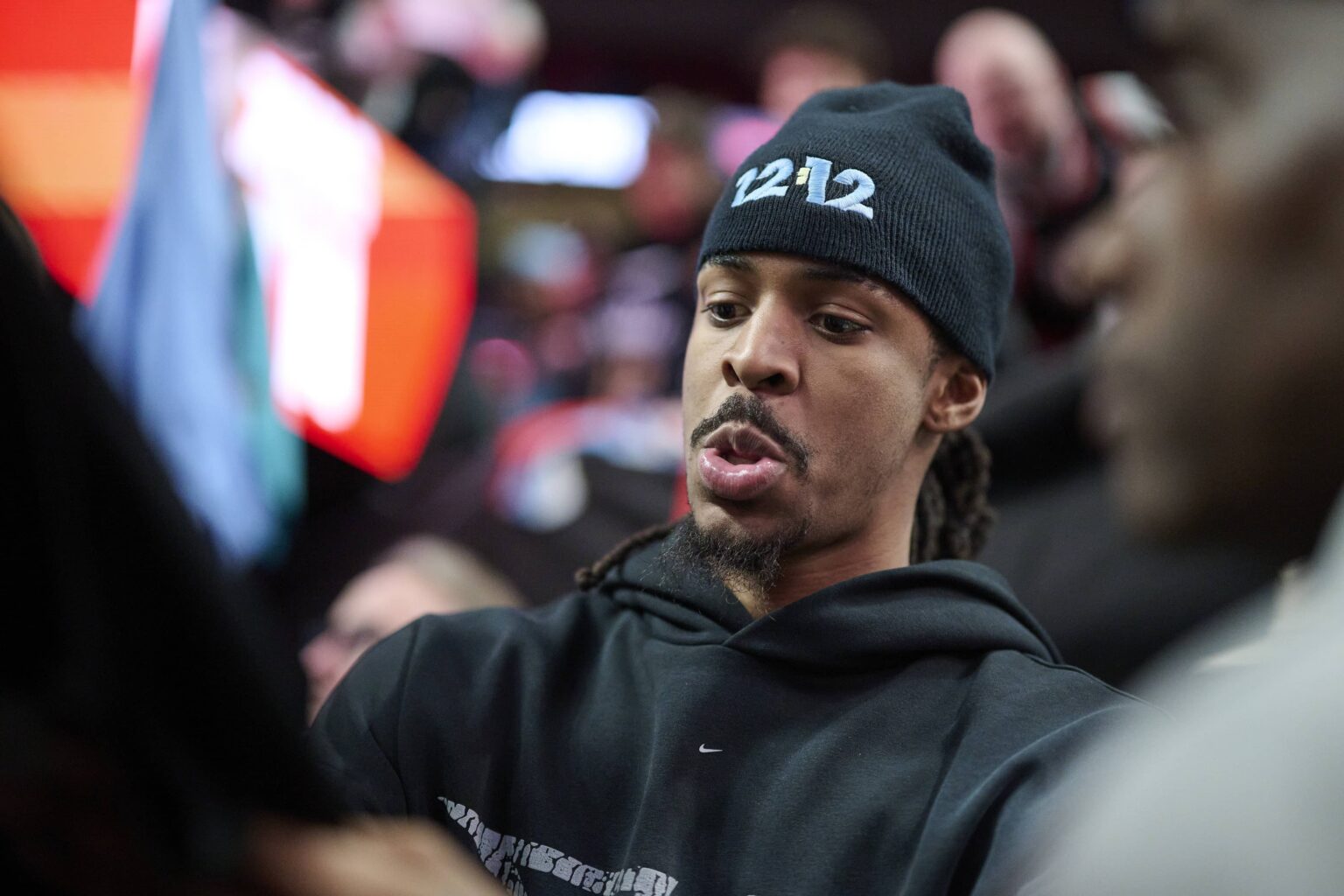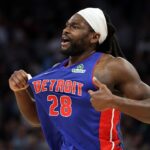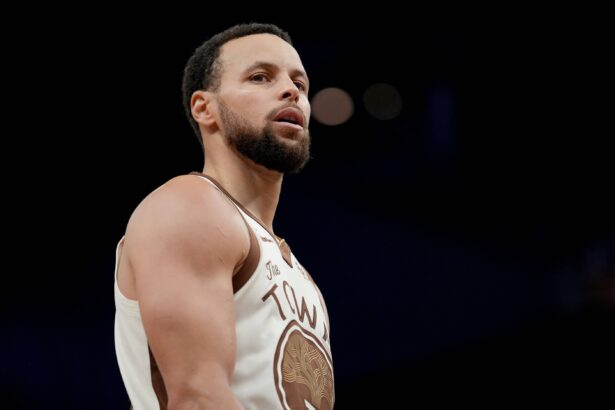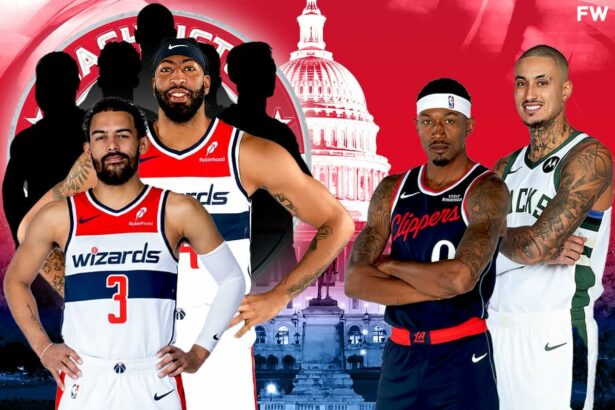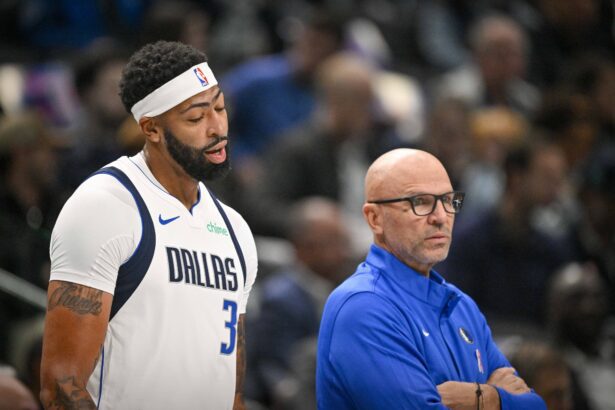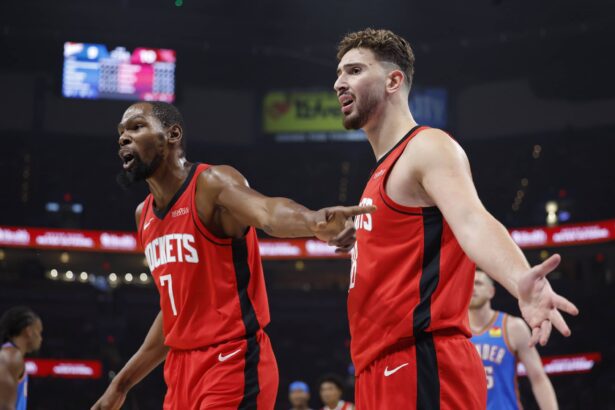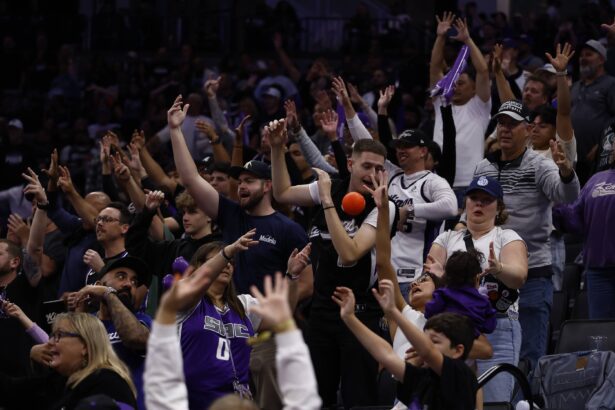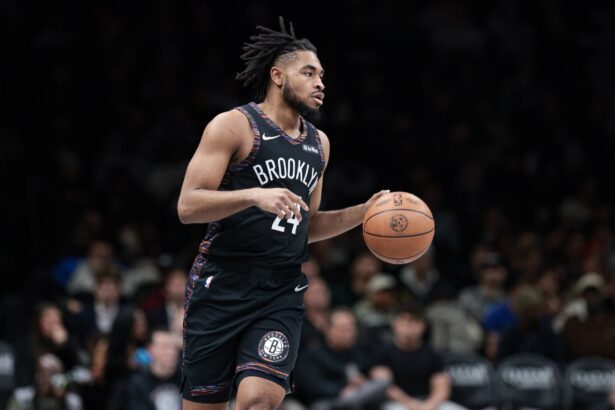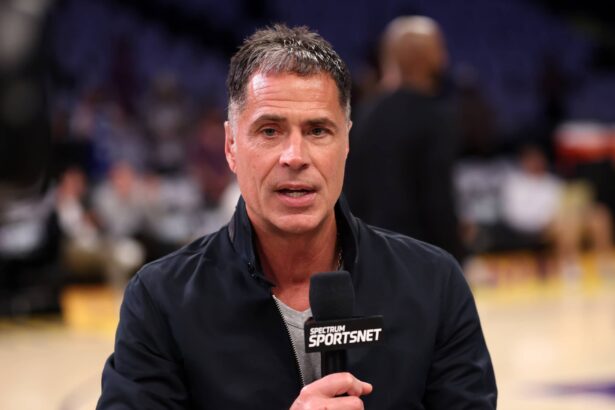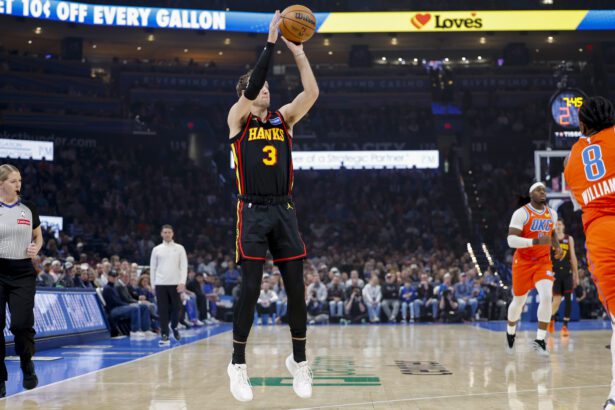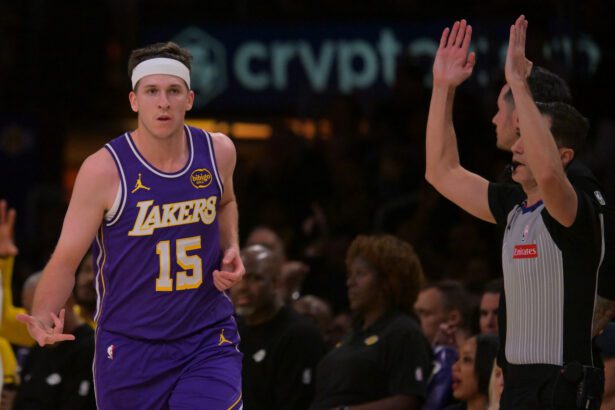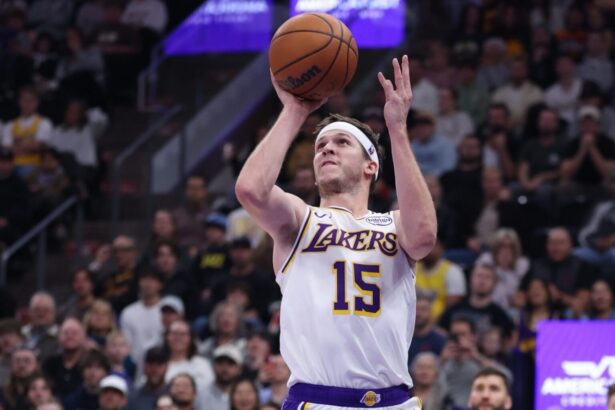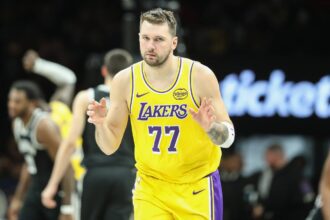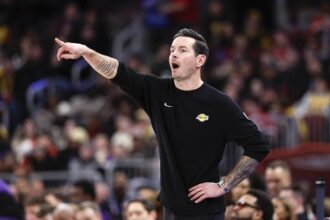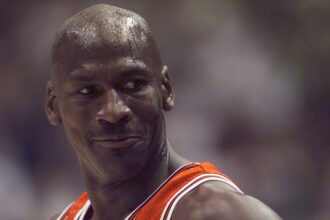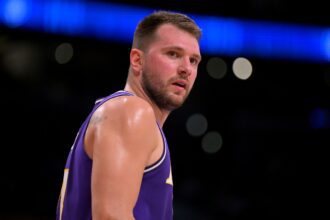Three years ago, the idea of Ja Morant leaving the Memphis Grizzlies would have sounded absurd. He was the franchise’s rising superstar, a generational talent who had electrified the city with his explosive play, fearless swagger, and deep connection with the fanbase.
Today, however, that once-unchallenged future feels increasingly uncertain—and insiders are beginning to suggest that Morant’s tenure in Memphis may not last as long as expected.
On a recent episode of ‘Run It Back TV,’ The Athletic’s Sam Amick hinted at growing unease behind the scenes.
“I mean, they say no, obviously. You know, Zach Kleiman, the Grizzlies GM—this was probably three weeks ago—my buddy and colleague from The Ringer, Howard Beck, had said on a podcast that he heard we should all look out for Ja, you know, maybe be on the move.”
“I thought it was fascinating that Zach—you know, it wasn’t even like a hard report, it wasn’t, you know, headlines and breaking news, just something somebody said on a podcast that made the rounds.”
“And next thing you know, Zach is publicly commenting on it and saying, you know, that other teams can keep dreaming and we’re not going to move Ja. It’s in the same… a little bit of the same vibe of the Fox situation, which is like, all right, keep your eyes on it and see where it goes.”
According to Amick, what made Kleiman’s public comments particularly telling was that they were in response to what he called “just something said on a podcast.” In other words, the team was unusually defensive—suggesting there might be more to the whispers than they’re letting on.
The instability isn’t just media-fueled. Internally, the Grizzlies are in disarray. The franchise fired head coach Taylor Jenkins just weeks before the playoffs, despite him being the winningest coach in franchise history and Ja’s longtime supporter. The shocking decision raised eyebrows, not least because Morant was reportedly blindsided by the move.
Though Jenkins was on shaky ground due to the team’s 8-15 slump after a 35-16 start, the timing and manner of his dismissal have only intensified scrutiny on the Grizzlies’ leadership.
The heart of the issue, though, lies in how the team has handled Morant’s role within their evolving offensive system. With new assistants brought in over the summer—some of whom Jenkins didn’t fully endorse—the Grizzlies shifted away from Morant-centric pick-and-roll actions in favor of a motion-heavy, off-ball scheme.
The result? Morant’s numbers took a hit. His 22.4 points per game and 44.8% field goal percentage are his lowest since his second year. More than stats, though, the eye test showed a visibly disengaged Ja, reportedly frustrated in both practice and games by a system that minimized his strengths.
Even when the team tried to adjust—Jenkins ramped up pick-and-roll usage in March—it was too late. The locker room had turned. Reports emerged of infighting, player spats during games, and a general lack of cohesion. A viral clip of Desmond Bane shoving Santi Aldama only reinforced what insiders had been hinting for weeks: the team was unraveling.
The situation came to a head with Jenkins’ firing, which now looks less like a coaching change and more like a signal of deeper issues. And while interim coach Tuomas Iisalo remains for now, he’s seen as a symbol of the offensive system Morant despised.
Even with Morant locked into a five-year, $200 million extension, league executives are watching closely. When a star player grows disillusioned—especially one as high-profile and marketable as Ja—contracts mean little.
Morant’s future in Memphis is now very much in question. If the Grizzlies can’t stabilize the ship and rebuild trust, the next big move in the NBA might not be a blockbuster trade—it might be a franchise-altering departure.
Thank you for being a valued reader of Fadeaway World. If you liked this article, please consider following us on Google News. We really appreciate your support.

